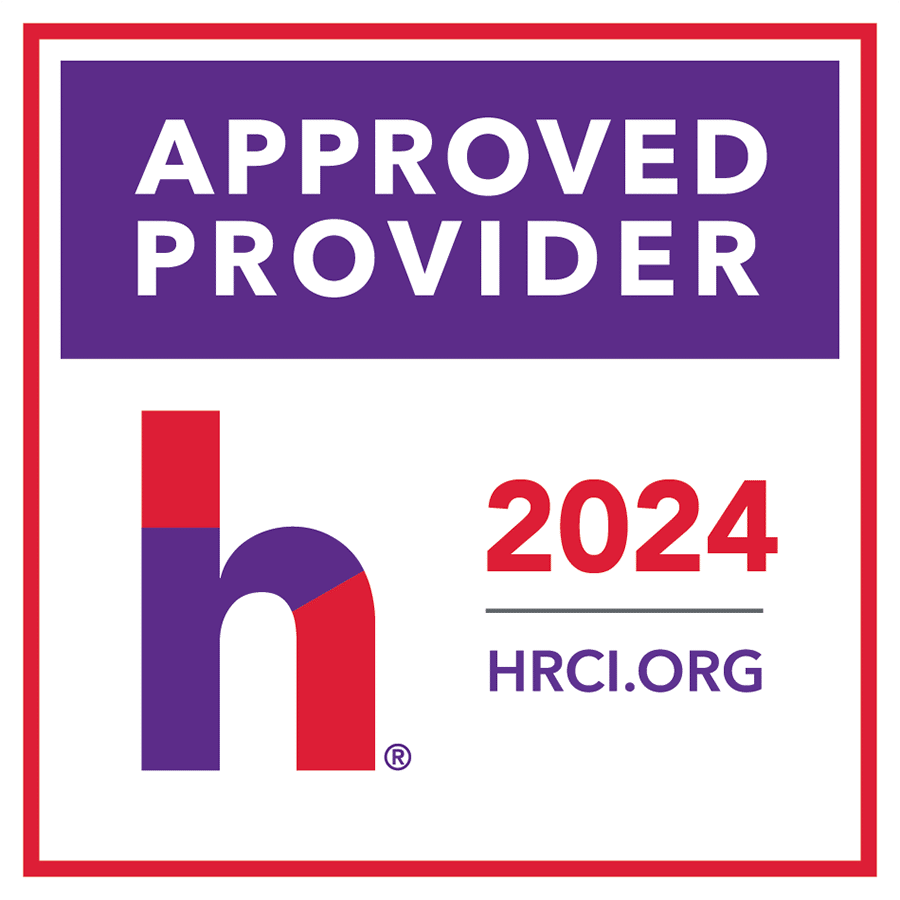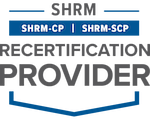Description
RECORDED TRAINING COURSE


The U.S. Department of Labor released a final rule on April 23, 2024, raising the salary threshold to qualify for certain overtime exemptions under federal law. Most importantly, it significantly raises the minimum salary threshold for certain “white collar” workers—executives, professionals, and administrative personnel below Fair Labour Standard Act.
The rule implements a two-part increase to the standard minimum salary level applicable to the overtime exemptions for executive, administrative, and professional (EAP) employees under the Fair Labor Standards Act (FLSA). The first part increases the standard minimum salary level to $844 per week on July 1, 2024. The second part increases the standard minimum salary level to $1,128 per week on January 1, 2025, which represents a nearly 65 percent increase from the current level of $684 per week.
The final rule focuses on three key updates to the earnings thresholds for the EAP exemptions: (1) increasing the standard minimum salary level, (2) increasing the annual salary threshold for HCE employees, and (3) implementing an automatic update to the earnings thresholds every three years.
The US DOL abandoned its proposals to apply the standard salary level to the U.S. territories subject to the federal minimum wage and update the special salary levels and overtime pay for American Samoa and the motion picture industry.
What are the Challenges with this new law?
Legal minds speculate that there will be legal challenges to the law. However, Employers need to make decisions on how they manage their options in preparation for the law and not wait for court cases to start their planning for compliance.
Session Highlights:
- Learn why Employers should learn to review the new DOL salary threshold under Fair Labour Standard Act and identify factors that will determine their way forward
- Learn how the US DOL came up with the numbers for the increases
- Learn why the US DOL used the 2-phased approach
- Learn what the concerns are with the automatic increase
- Learn why legal minds suspect that all the increases won’t happen
- Learn how Employers need to develop a communication strategy for employees to reduce confusion about what the changes are for employees impacted
- Learn what options are available for Employers based on the new law
- Learn how these increases impact other state salary thresholds
Why You Should Attend:
Employers should learn that the previous overtime increase created severe complications regarding communications to impacted employees, a decrease in staff morale for those who believed that it was a demotion, no overtime pay, loss of benefits when they decided to reduce hours, and costs, challenges with job descriptions, and expected impact in Employer’s budget. It led to an increase in turnover and a decrease in retention.
Employers can take the time to review and prepare for setting guidelines on how they communicate the impact to employees, make effective decisions on how to cut costs without reducing employee hours or benefits, avoiding overtime pay and develop a training program for managers and newly non-exempt employees.
Who Should Attend:
- All Employers
- Business Owners
- Company Leadership
- Compliance professionals
- Payroll Administrators
- HR Professionals
- Managers/Supervisors
- Employers in all industries
Note: You will get access to the Recording link and E-Transcript; in your account and at your registered email address.





